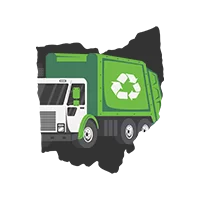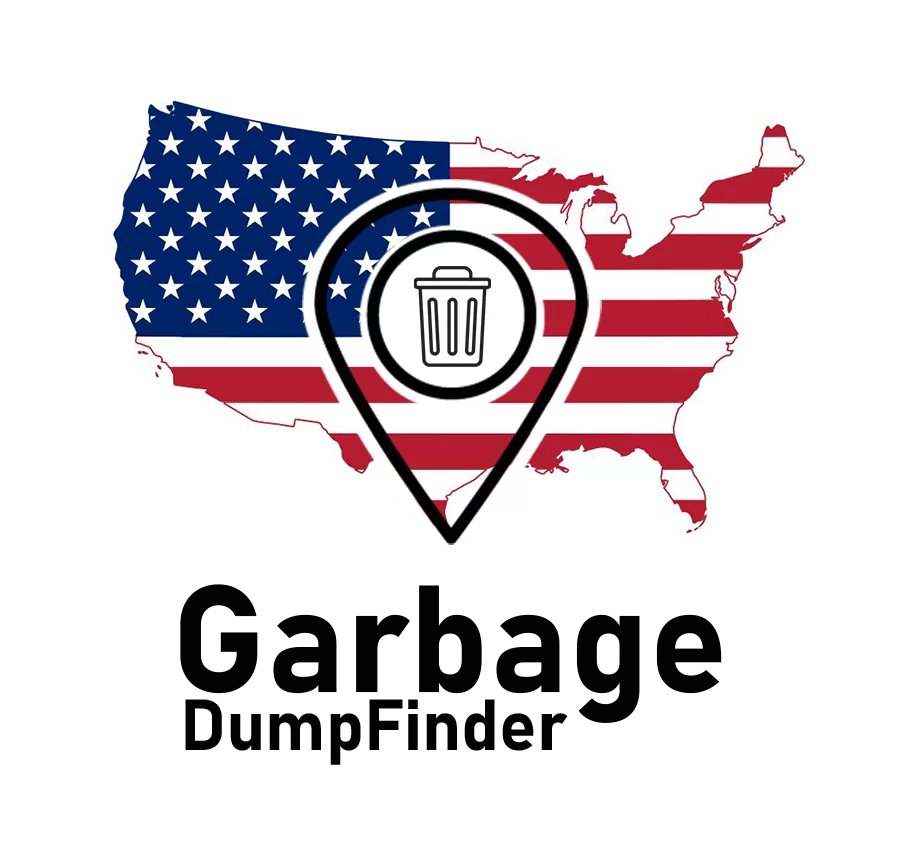Find Ohio Dumps & Landfills Near You
America's Largest List of Dumps in Ohio
Finding the nearest garbage dump or landfill in Ohio is essential for properly managing your waste. Whether you live in Columbus, Cleveland, or Cincinnati, there are plenty of convenient disposal options across the state. Ohio offers a range of facilities that handle everything from household trash to construction debris. By locating your closest waste disposal site, you can ensure that your trash is handled responsibly and in accordance with state regulations.
FAQs
What types of waste are accepted at landfills in Ohio?Landfills typically accept household waste, construction debris, and yard waste. Some facilities may require specific disposal methods for hazardous materials or electronics, so it’s best to check with your local site for detailed guidelines.
Do garbage dumps in Ohio accept recyclables?Yes, many garbage dumps also offer recycling services for materials like plastics, metals, and paper. Some sites even have separate areas for electronics recycling, so it's a good idea to ask about their recycling options.
Are there specific fees for dropping off large items at a landfill?Large items, such as furniture or appliances, may incur additional fees based on their size or weight. Contact the landfill or garbage dump beforehand to inquire about any extra charges for bulky waste.
Can I dispose of hazardous materials at garbage dumps?No, most garbage dumps do not accept hazardous materials like chemicals, paint, or batteries. These items require special disposal methods and are typically collected at designated hazardous waste events or facilities.
Do Ohio landfills have size restrictions for vehicle loads?Some landfills limit the size and type of vehicles allowed to drop off waste. If you're bringing large or commercial loads, it’s a good idea to call ahead and confirm if the facility can accommodate your vehicle.
What are the operating hours for garbage dumps?Hours vary by location, but most garbage dumps and landfills are open Monday through Saturday. It’s always a good idea to check the specific hours of your nearest facility before making a trip.
Are yard waste and organic materials accepted at landfills?Yes, most landfills accept yard waste like grass clippings and tree branches. Some locations may also offer composting services to divert organic waste from being buried in the landfill.

List of Ohio Dumps
More About Ohio Landfills
Ohio provides a comprehensive network of garbage dumps and landfills that help manage the state’s residential, commercial, and industrial waste. From urban centers like Columbus and Cleveland to smaller towns, waste management facilities play a vital role in maintaining public health and environmental safety.
Most garbage dumps and landfills in Ohio accept a wide range of materials, including household waste, yard debris, and construction materials. To reduce the strain on landfills, many facilities also offer recycling programs for items like plastics, metals, and cardboard. Some sites have designated areas for collecting electronics or appliances, ensuring that these materials are handled responsibly and kept out of the landfill.
Yard waste is another common category handled by garbage dumps in Ohio. Organic materials like leaves, grass clippings, and branches can often be composted instead of being sent to the landfill. This reduces landfill volume and provides a valuable resource for landscaping and agricultural use.
Regulations in Ohio ensure that landfills operate with a high degree of environmental oversight. Landfills are required to follow strict guidelines to prevent contamination of nearby soil and water resources, and hazardous waste is typically handled separately through specialized collection events. Additionally, Ohio’s waste management facilities aim to reduce methane emissions from landfills by capturing and utilizing the gas for energy production, contributing to a cleaner and more sustainable environment.
For more information on garbage dumps and landfills in Ohio, visit the Ohio Environmental Protection Agency (EPA).
